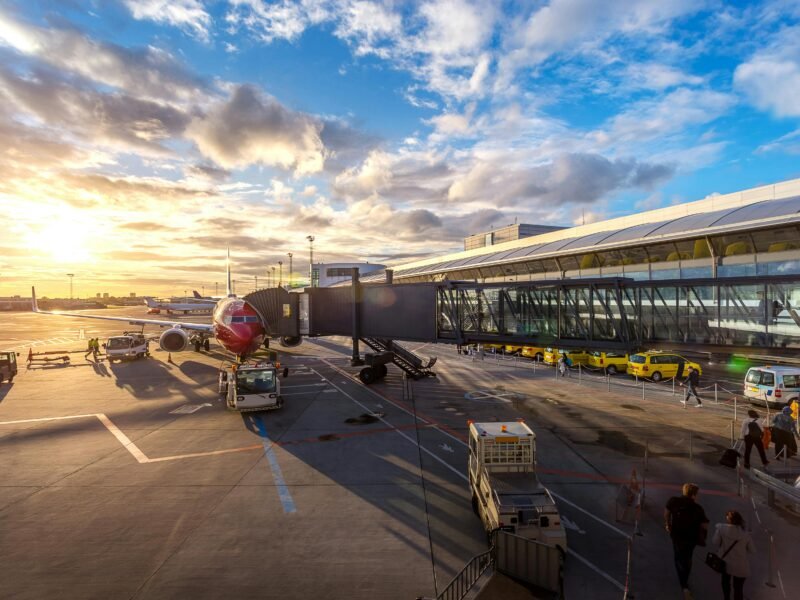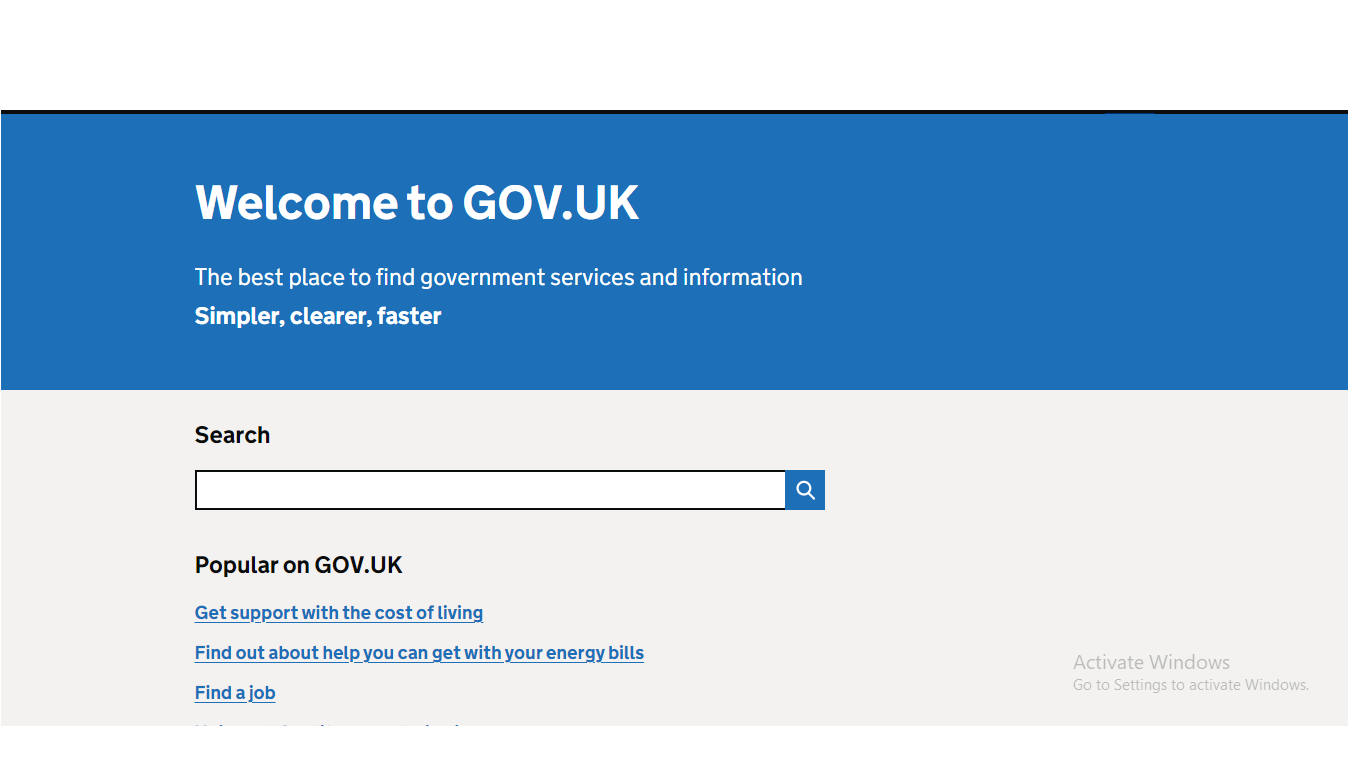The Nigeria Civil Aviation Authority (NCAA) was established in 2006, emerging as a crucial regulatory body responsible for overseeing the aviation sector within Nigeria. Its creation marked a significant shift towards enhancing safety, security, and efficiency in air travel, addressing various challenges faced by the industry in the preceding years. The NCAA operates under the Ministry of Aviation and is tasked with ensuring compliance with international aviation standards, as well as promoting the development of the aviation industry in Nigeria.
The primary mission of the NCAA is to establish a safe and secure air transportation system that meets the needs of the traveling public while fostering the country’s economic growth. This involves not only regulating airline operations and airports but also developing policies that enhance the overall performance of the aviation sector. The authority is pivotal in managing air traffic and promoting strategies that align with global aviation trends, thereby ensuring that Nigeria’s airspace remains safe and navigable.
The significance of the NCAA extends beyond national borders; it plays an integral role in shaping the broader aviation landscape in Africa. By collaborating with international organizations such as the International Civil Aviation Organization (ICAO), the NCAA contributes to the establishment of policies that ensure sustainable growth in the region. Additionally, its efforts to improve safety management systems and enhance air traffic management are crucial for positioning Nigeria as a leading aviation hub in Africa.
In light of the growing demand for air travel and the complexities involved in the industry, the NCAA continues to adapt its regulations and operational strategies. This dynamic approach underpins its commitment to safeguarding the interests of passengers, airlines, and the nation while enhancing Nigeria’s status in the global aviation community.
Understanding the Recruitment Calendar
The Nigeria Civil Aviation Authority (NCAA) recruitment process is structured to ensure transparency and fairness, allowing for a clear understanding of the annual timeline and key events involved. Each year, the NCAA follows a systematic recruitment calendar that facilitates the filling of various roles within the organization. Typically, this calendar includes crucial phases such as job postings, application submissions, screening, interviews, and final selection.
The recruitment cycle generally commences with the announcement of available positions, which is published on the official NCAA website as well as in various national newspapers. This phase grants aspiring candidates an opportunity to review job descriptions and requirements meticulously. Following the job announcement, interested individuals are expected to submit their applications within the stipulated timeframe outlined in the recruitment calendar.
Once the submission period comes to a close, the NCAA embarks on an initial screening process. This involves reviewing applications to ensure that candidates meet the necessary qualifications and experience outlined in the job postings. The shortlisted candidates are then invited to participate in interviews, which are conducted by a panel that typically includes experienced personnel from the authority.
After the interviews, a final selection is made. Successful candidates are notified and officially offered positions within the organization. This structured approach not only promotes efficiency but also emphasizes the importance of adhering to the recruitment calendar.
To stay informed about upcoming recruitment opportunities, candidates are encouraged to regularly check the NCAA’s official channels and reputable job portals. Being proactive in following these updates is vital, as it prepares prospective applicants for the upcoming phases of the recruitment process. Engaging with these resources ensures candidates do not miss out on any prospects that may arise throughout the academic or fiscal year.
Qualifications and Preparation for Recruitment
The Nigeria Civil Aviation Authority (NCAA) plays a crucial role in maintaining the safety and efficiency of civil aviation operations in Nigeria. As such, the agency seeks highly qualified individuals who can contribute to these objectives effectively. Generally, candidates interested in positions within the NCAA should possess relevant academic qualifications, which usually entail a minimum of a bachelor’s degree in fields such as aviation management, aeronautical engineering, or a related discipline. These educational requirements ensure that prospective employees have a solid foundation in principles pertinent to aviation operations and regulatory frameworks.
In addition to academic credentials, the NCAA often values relevant work experience. Candidates with previous roles in aviation, regulatory bodies, or transportation sectors typically hold a competitive advantage. Such experience allows individuals to demonstrate familiarity with the industry’s challenges, thereby increasing their potential contributions to the agency. Certifications, such as those from the International Civil Aviation Organization (ICAO) or other recognized bodies, can also enhance a candidate’s profile and indicate a commitment to professional development.
Preparation for the recruitment process is equally vital for prospective candidates. Crafting a strong resume is essential; it should highlight relevant education, experience, and skills that align with the NCAA’s requirements. Utilizing a clear format and action-oriented language can improve readability and impact. Moreover, interview techniques should be practiced ahead of the recruitment events. Candidates should familiarize themselves with common interview questions specific to the aviation sector and consider utilizing the STAR method (Situation, Task, Action, Result) to articulate their experiences effectively.
Furthermore, it is advantageous for candidates to stay updated on the latest trends and regulations in the aviation industry. This knowledge not only enhances their understanding of the field but also demonstrates their passion and commitment to the profession, which can resonate positively with NCAA recruiters.
Conclusion and Key Takeaways
In this discussion, we have explored the essential elements surrounding the Nigeria Civil Aviation Authority (NCAA) recruitment calendar. Understanding this calendar is crucial for aspiring candidates, as it outlines the timeline for application submissions, interviews, and other important activities. By familiarizing themselves with the schedule, candidates can ensure that they submit their applications on time and adequately prepare for subsequent stages of the recruitment process.
Moreover, preparation is key to succeeding in the application and interview processes. Candidates are encouraged to thoroughly research the NCAA, its mission, and its key functions within Nigeria’s aviation sector. This knowledge not only enhances a candidate’s confidence during interviews but also demonstrates a commitment to contributing positively to the industry. Potential applicants should also consider honing their aviation-related skills and qualifications through training programs, workshops, and online courses relevant to the sector.
The NCAA plays a vital role in ensuring safety, security, and efficiency in Nigeria’s aviation industry while promoting regulatory compliance and development initiatives. Given its influence, prospective job seekers should remain actively engaged with the NCAA’s developments, policies, and public initiatives even after the recruitment processes conclude. Following the organization on social media, attending public forums, and participating in aviation-related events can provide valuable insights and networking opportunities.
By establishing a comprehensive understanding of the NCAA recruitment calendar and remaining proactive in their preparation and engagement, candidates can significantly enhance their prospects of securing employment within this dynamic field. Engaging with the NCAA not only opens up career opportunities but also contributes to the systematic growth of the aviation industry in Nigeria, ensuring a thriving environment for all stakeholders involved.

